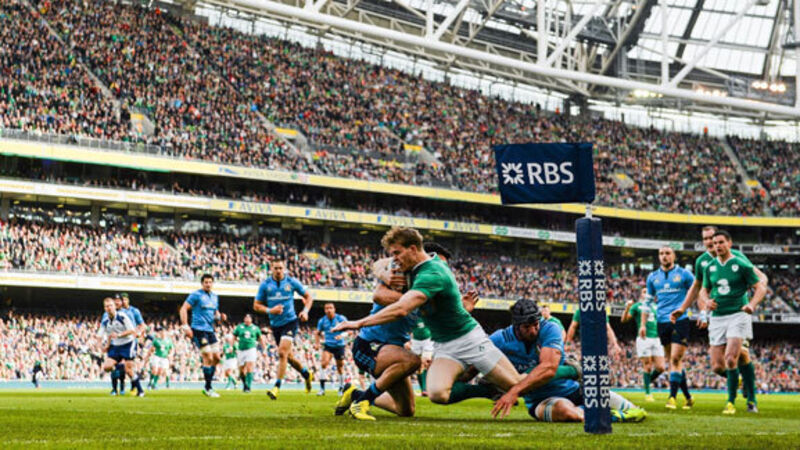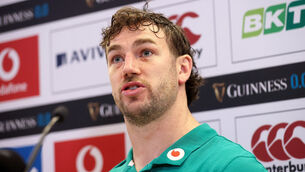Just what doc ordered for Joe Schmidt

Yet for a head coach as accustomed to success as Joe Schmidt has been during a gilded career with the Blues, Clermont Auvergne, Leinster and this national team, Saturday’s nine-try rout of perennial wooden spooners Italy was just what the doctor ordered after a more than challenging period since his side’s World Cup exit.
The mitigating circumstances for the four-Test winless streak that began with the humbling defeat by a flamboyant Argentina side last October have been well documented. In spite of all that, though, the numerous injuries and retirements have not given Schmidt a free pass. The draw with Wales and defeats by France and England that ended Ireland’s interest in making this season’s RBS 6 Nations campaign a bid for three championships in a row have seen a change in perception of the head coach’s approach and decision-making process.















